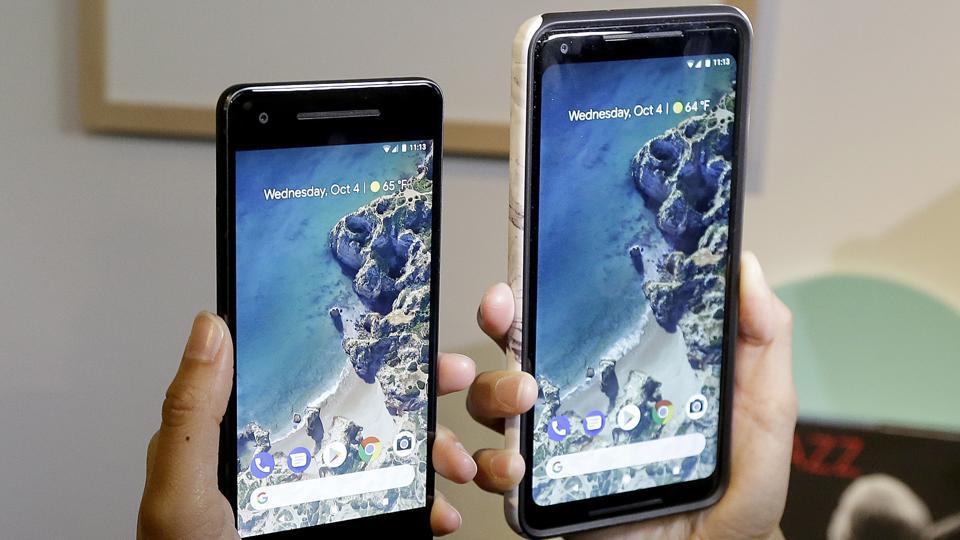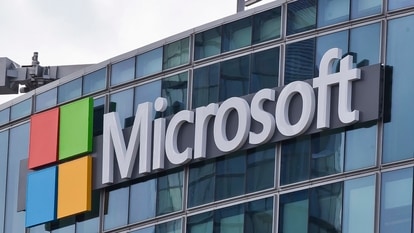Wikipedia to shut down free-to-access Zero programme for developing nations
The Wikimedia Foundation claims its programme provided free access to more than 800 million users in 72 countries in last six years.

Wikipedia Zero, a Facebook Free Basics-like programme under which users can surf the online encyclopedia with no mobile data charges, is going to shut down this year. The programme was running in more than 70 countries.
The Wikimedia Foundation, the platform which spearheads the crowd-sourced encyclopedia, disclosed that the programme helped provide access to more than 800 million people free of mobile data charges in the last six years. The organisation said it had partnered with 97 mobile carriers in 72 countries across the globe.
The Wikimedia Foundation said that since 2016, the zero-rating programme saw "a significant drop off in adoption and interest in the program".
"This may be due, in part, to the rapidly shifting mobile industry, as well as changes in mobile data costs," it added in a blog post.
Raising awareness outside America
Wikimedia Foundation claimed that the six-year-old programme helped the organisation raise awareness in countries outside North America and Europe.
"In Iraq, for example, we raised awareness of Wikipedia by more than 30%. In Nigeria, we partnered with Nigerian community members and Nollywood stars to introduce more than 15 million people to Wikipedia and how it works. These successes have given us several ideas for where we may take our partnership work next, and over the coming year, we will explore other ways we can leverage the findings from our research and the Wikipedia Zero program to direct future work with partners."
Net Neutrality
Wikipedia's zero-rating programme had come under scanner for violating the principles of net neutrality. The was quite similar to what forced Facebook to shut down its Free Basics programme in India a couple of years ago after the regulator TRAI found it violating net neutrality.
The non-profit organisation, however, argued that its zero programme didn't violate the concept of open internet.
"The Wikimedia Foundation believes that the principle of net neutrality is critical to the future of the open Internet. In order for information to be available to all, Internet Service Providers must not create different classes of service for different types of content to serve their commercial interests. This is consistent with the principles upon which the Internet was founded: equal delivery of data, regardless of source," the organisation said in a blog post in 2014.
"We believe that free access to public interest resources can be provided in a manner that keeps the playing field level and avoids net neutrality issues. The Internet has tremendous potential to bring education and services to people for free. Beyond Wikipedia, this includes potentially life-saving access to health and emergency services or disaster relief," it added.
Wikipedia Zero: A failed experiment?
As said earlier, one of the key reasons behind launching a zero programme was to raise awareness. But based on the company's recent reports, the programme didn't really help a lot, especially in last two years.
In a report published in 2016, the organisation noted that only a small number of users in countries such as India, Nigeria and Mexico were aware about the programme. One year later, the organisation in another report that only 27% of internet users in Nigeria knew about Wikipedia.
"Wikipedia is known majorly within academic environments and even at that, its usage is not encouraged because the lecturers claim information from Wikipedia is not reliable. This serves as a discouragement even within Wikipedia fans (students)," said Blossom Ozurumba, a member of community marketing team working with the organisation.
"I also believe that the slow adaptation of Wikipedia mobile can also take a blame. Mobile telephony grew very fast in Nigeria and it was easier and cheaper to connect to the internet via mobile phones than with computers. So people usually used apps on mobile phones. I think Wikipedia got its mobile app quite late and this added to the low awareness."
Apart from slow adoption, Wikipedia Zero was also reported to be misused by some users. According to a 2016 report in Motherboard, some users in Angola started inserting pirated movies and music in Wikipedia articles. The content was linked to a closed Facebook group, helping create a free and unregulated file sharing network.
Catch all the Latest Tech News, Mobile News, Laptop News, Gaming news, Wearables News , How To News, also keep up with us on Whatsapp channel,Twitter, Facebook, Google News, and Instagram. For our latest videos, subscribe to our YouTube channel.


























